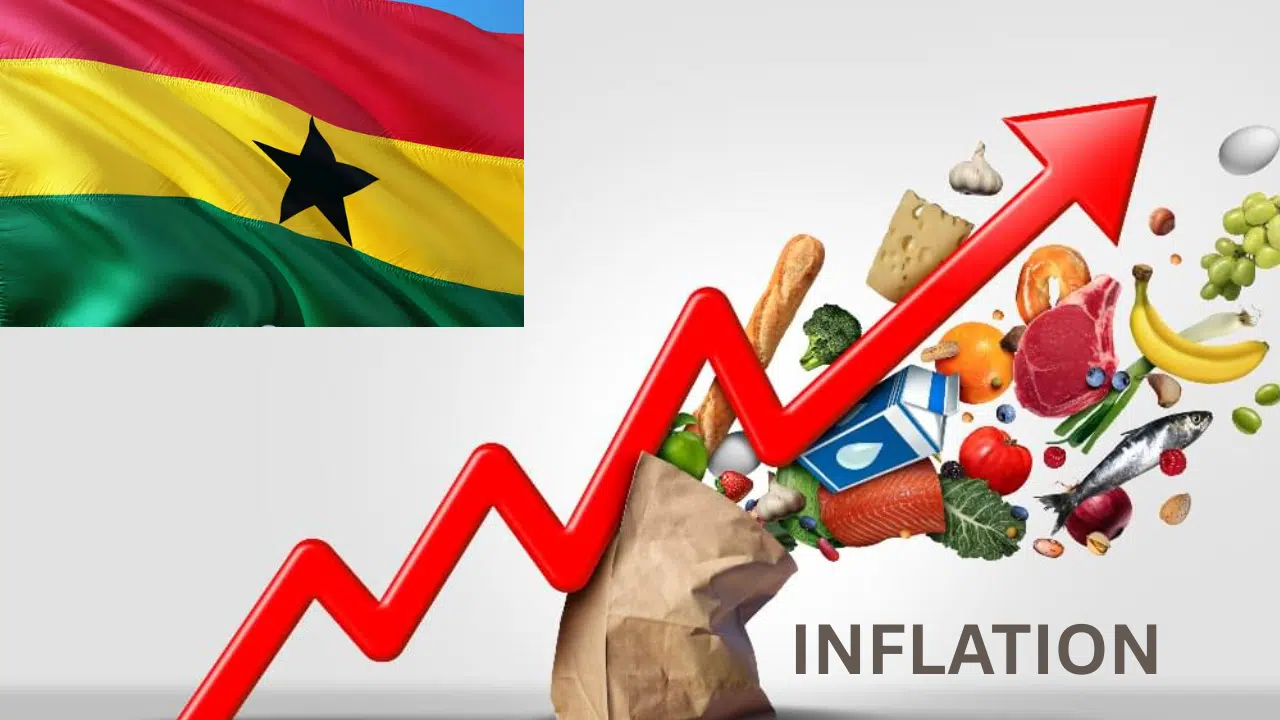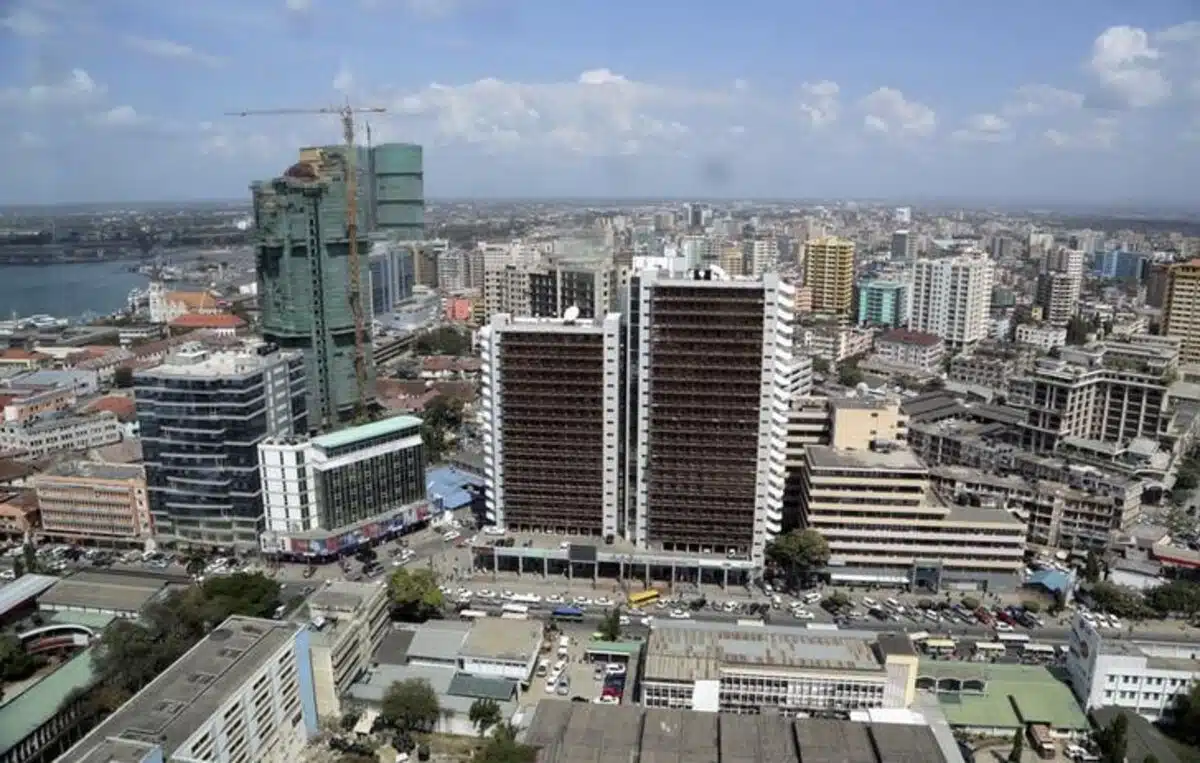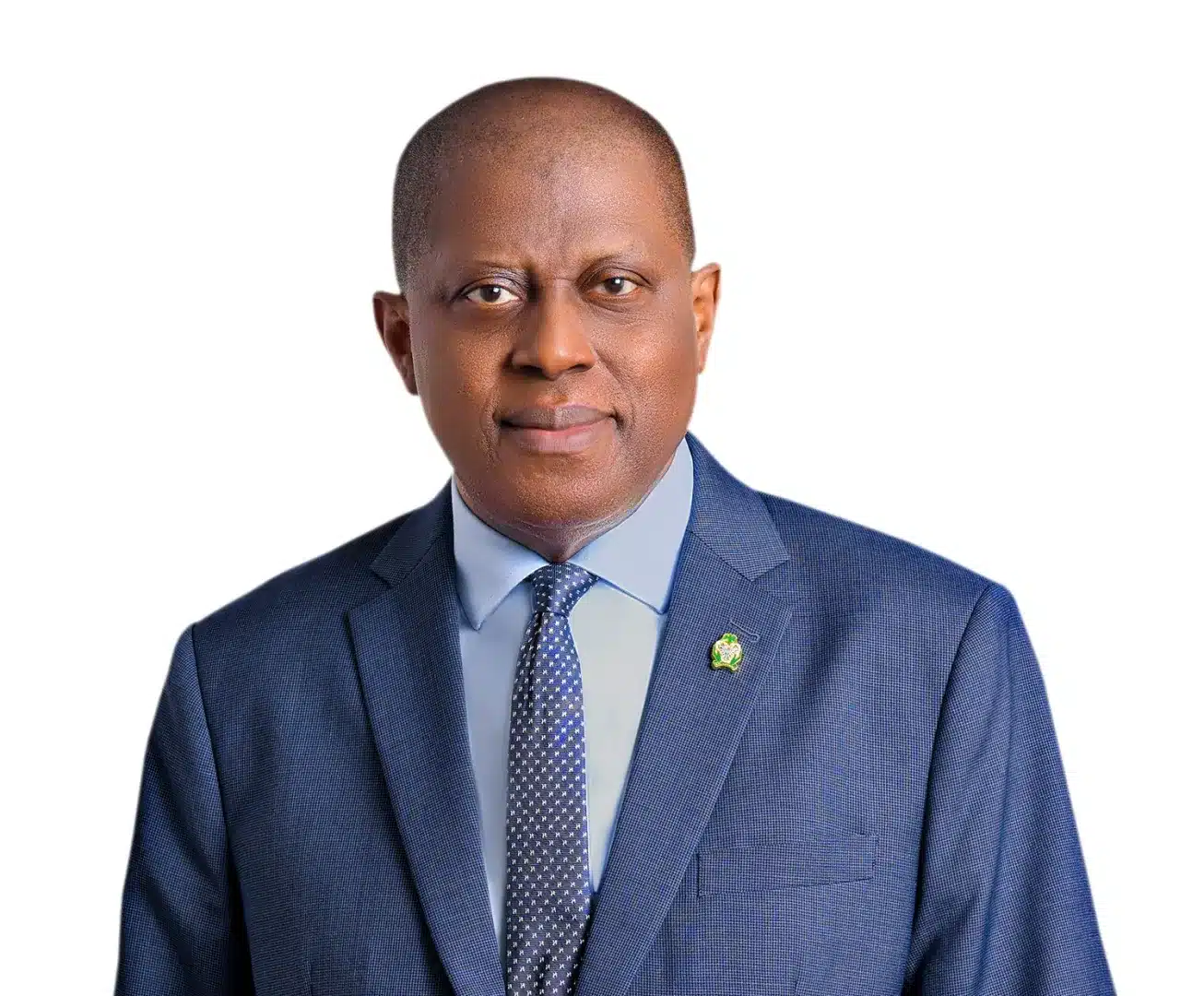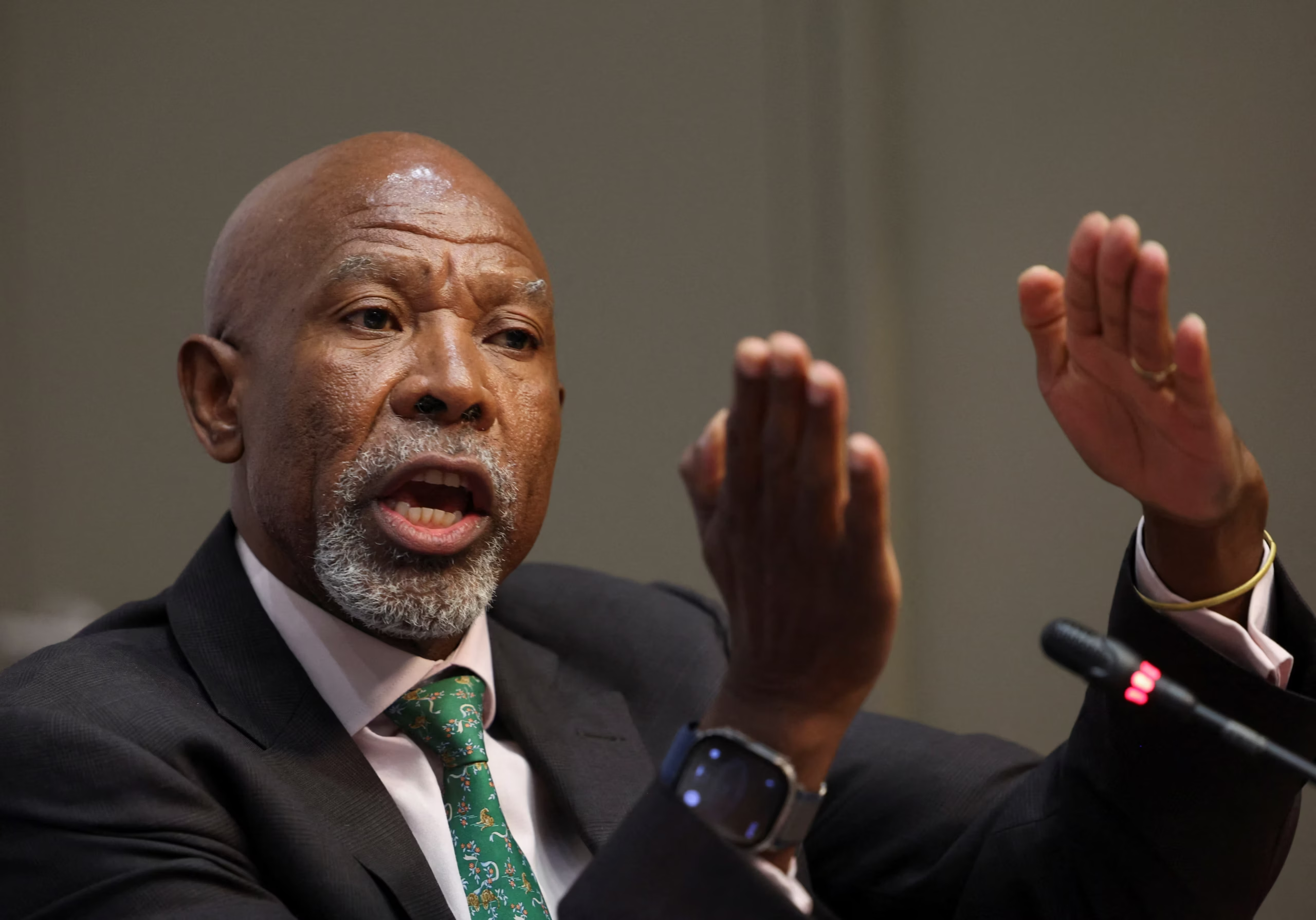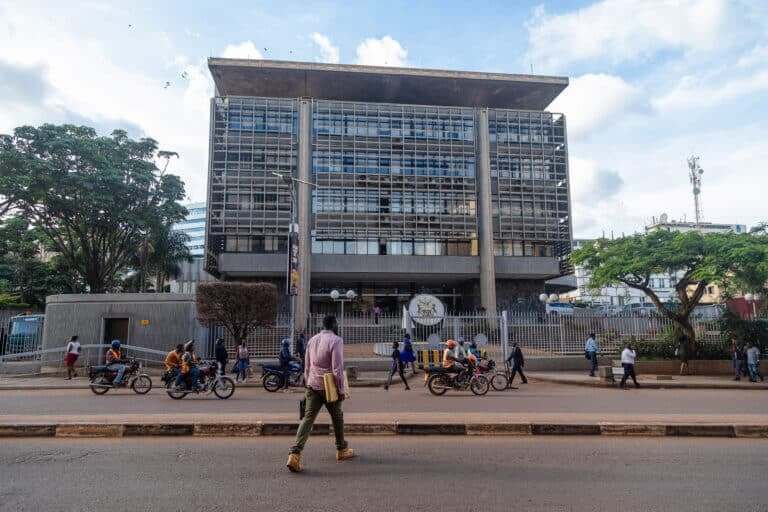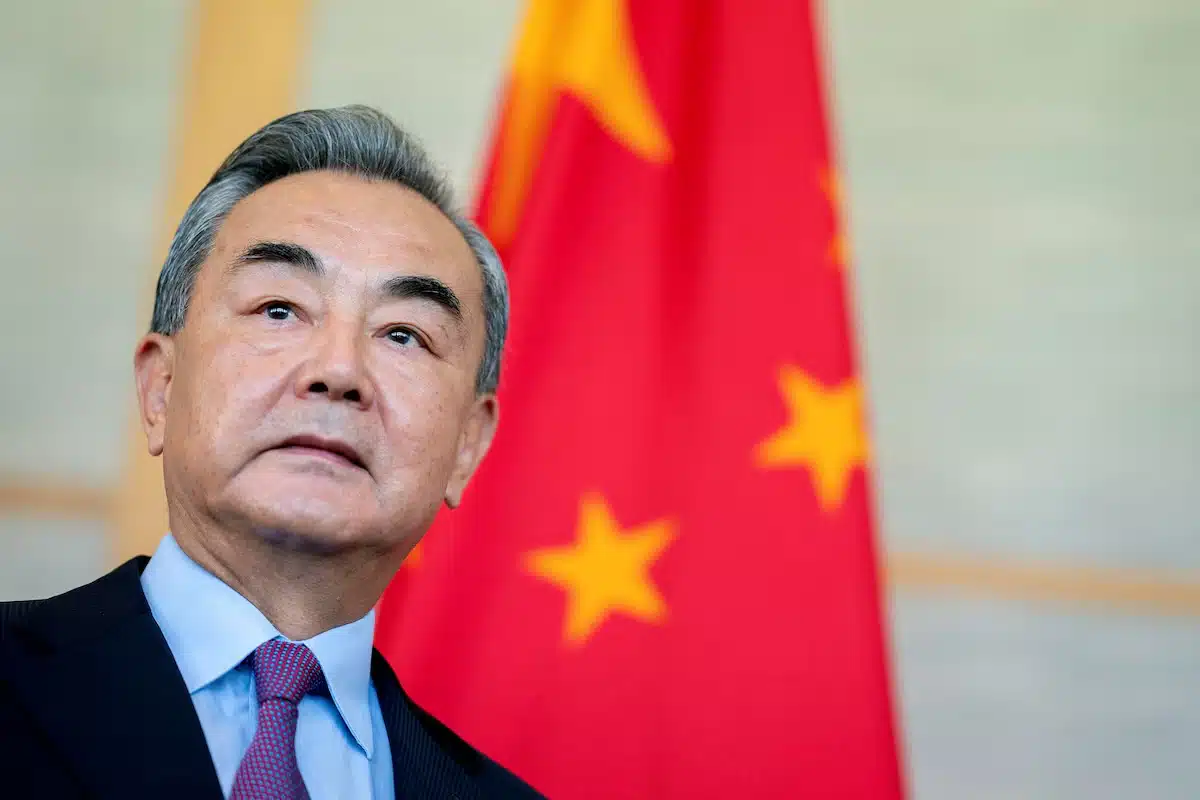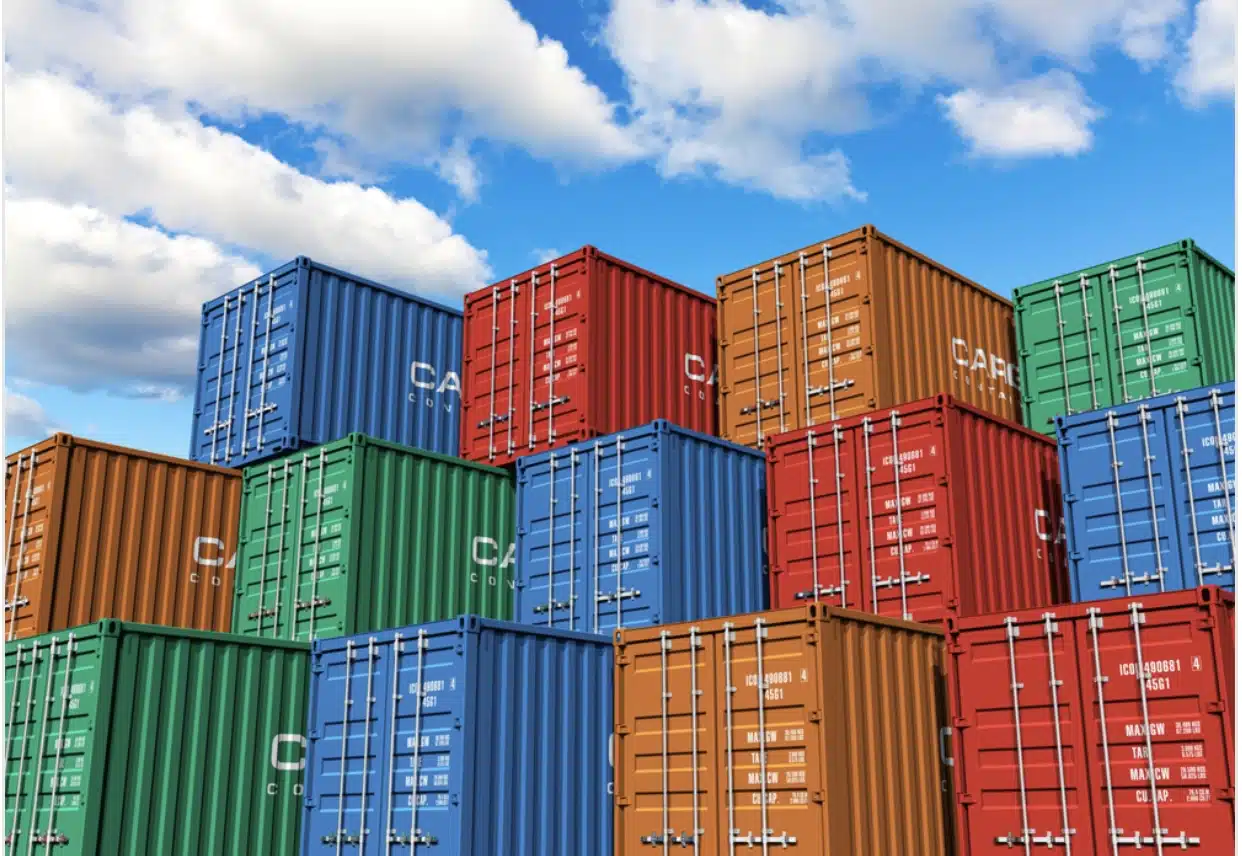Ghana’s annual inflation slowed sharply to 18.4% in May, marking its lowest level since February 2022, as a stronger cedi and improved external dynamics drove a broad-based easing in consumer prices.
The figure, released on Wednesday by the Ghana Statistical Service, represents a significant drop from 21.2% in April and continues a five-month disinflation streak that officials say reflects both monetary and fiscal discipline.
“This trend underscores the effectiveness of recent monetary and fiscal measures, the recent appreciation of the cedi against the major international currencies, favourable external price dynamics and positive market sentiment,” said Government Statistician, Alhassan Iddrisu, at a press briefing in Accra.
The sharp drop in non-food inflation was a major driver of the decline, though food prices remain elevated and continue to exert upward pressure on the Consumer Price Index (CPI).
Iddrisu noted that the non-food component’s decline is a strong indication of inflation easing across wider sectors of the economy.
Despite the progress, inflation remains well above the Bank of Ghana’s target range of 8% ±2 percentage points, prompting the central bank to keep its benchmark interest rate steady at 28.0% last month.
The monetary authority is maintaining a tight stance to prevent inflationary pressures from resurging, even as the economy gradually recovers from a prolonged crisis.
Ghana, the world’s second-largest cocoa producer, has faced a turbulent economic period characterised by spiralling inflation, sharp currency depreciation, and disruptions in key export sectors such as cocoa and gold.
In 2023, the country entered a debt restructuring programme under the G20-led Common Framework after it defaulted on its external obligations a year earlier.
However, the country’s efforts to rework its debt have faced roadblocks as negotiations between Ghana and regional lenders remain stalled.
At the core of the impasse is Ghana’s demand to treat regional creditors as commercial lenders—an approach that would require them to absorb losses stemming from the restructuring process, including potential haircuts
This position has been met with resistance and continues to delay the process.
Still, with inflation on a downward path and the cedi showing strength, Ghana’s economic managers will be hoping that continued policy discipline can consolidate gains and pave the way for further stability.
Finance minister Cassiel Ato Forson had in March said that the government expects inflation to drop to 11.9% by December, helped by steep expenditure cuts in the new budget.

